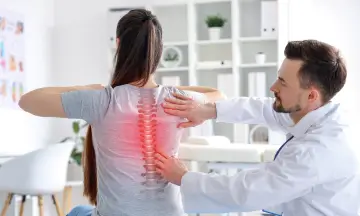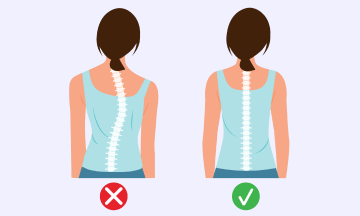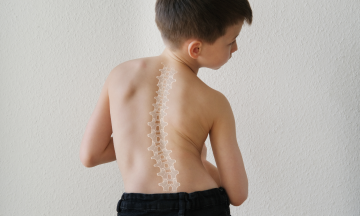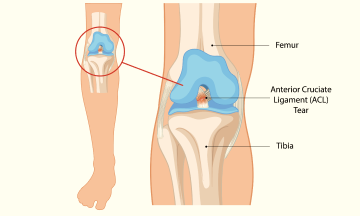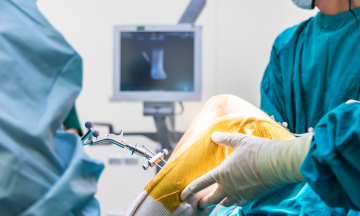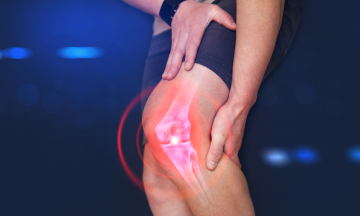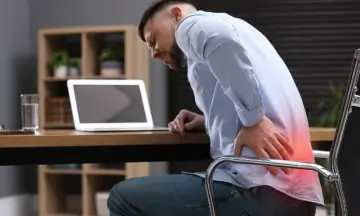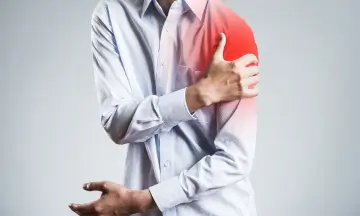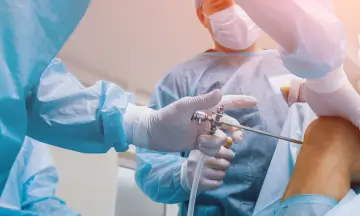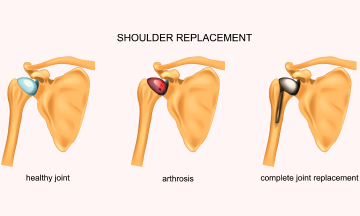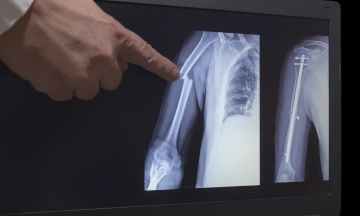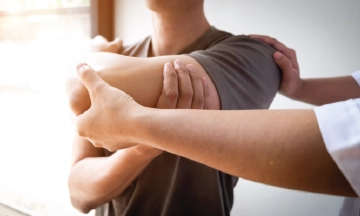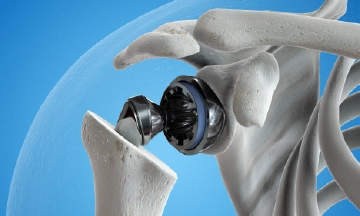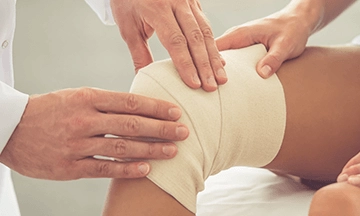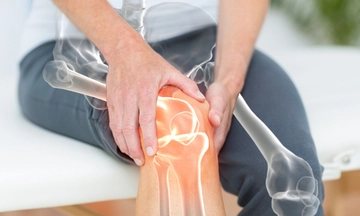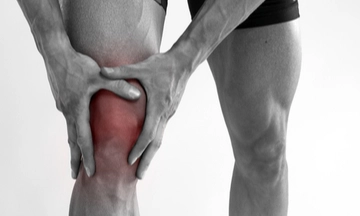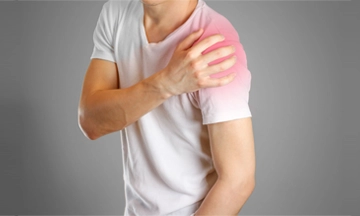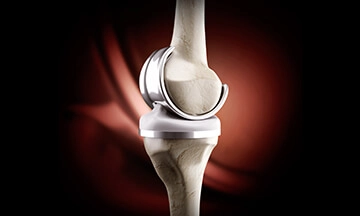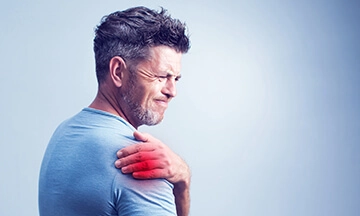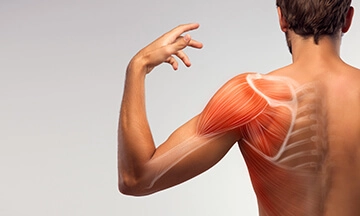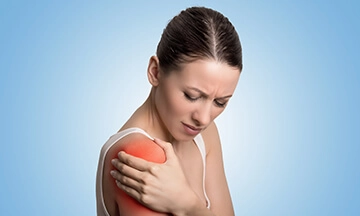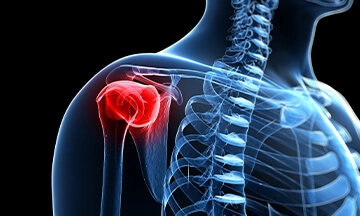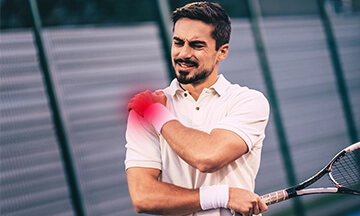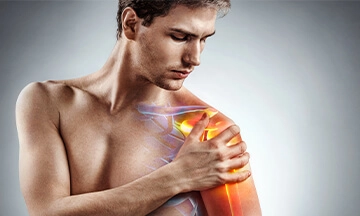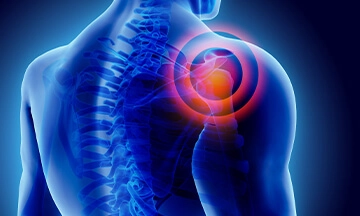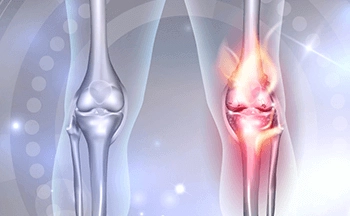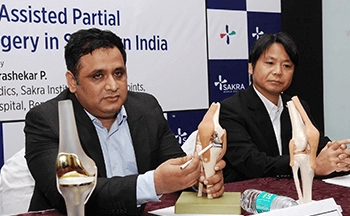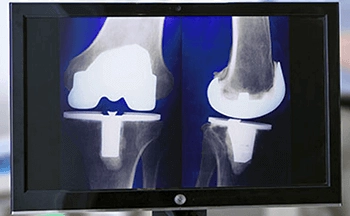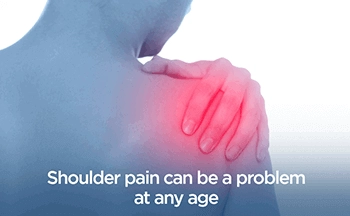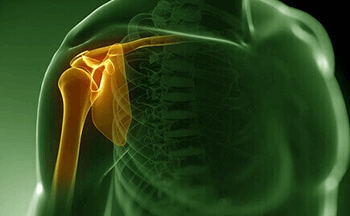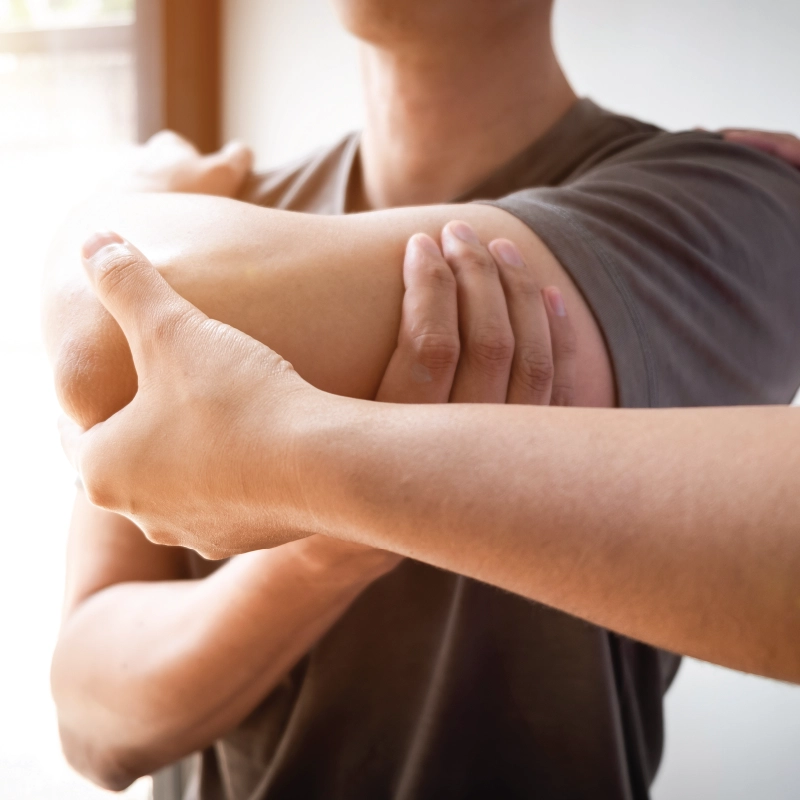
A rotator cuff is a group of muscles and tendons that attach the shoulder blade to the upper arm bone and help to stabilize the shoulder joint. A rotator cuff tear is a common injury that occurs when one or more of the tendons that attach the muscles to the bone are torn.
Rotator cuff tears can be caused by acute injuries, such as a fall, or from overuse and wear and tear over time. Athletes who engage in repetitive overhead motions, such as baseball pitchers and tennis players, are at an increased risk of developing rotator cuff tears. You can consult with a shoulder specialist in Bangalore to get a diagnosis and a proper treatment plan.
Causes of Rotator Cuff Tears
Rotator cuff tears can be caused by a number of factors, including:
- Acute injury: A fall or other sudden impact on the shoulder can cause a rotator cuff tear.
- Chronic overuse: Activities that require repetitive overhead motions, such as throwing a baseball or lifting heavy objects, can cause wear and tear on the rotator cuff tendons over time, leading to tears.
- Ageing: As we age, the tendons in our rotator cuff can weaken and become more susceptible to tears.
- Poor posture: Slouching or hunching the shoulders can put extra strain on the rotator cuff tendons, increasing the risk of tears.
- Muscle imbalances: Weakness in certain muscles or muscle imbalances around the shoulder can place increased stress on the rotator cuff tendons, leading to tears.
- Bone spurs: Over time, bone spurs can develop on the bones in the shoulder joint, which can rub against the rotator cuff tendons and cause tears.
Symptoms of Rotator Cuff Tear
The symptoms of a rotator cuff tear can vary depending on the severity of the tear, but common symptoms may include:
- Pain: Pain is often the first and most common symptom of a rotator cuff tear. The pain may be a dull ache that is felt deep in the shoulder, or it may be a sharp pain that occurs when the arm is moved in certain ways.
- Weakness: A rotator cuff tear can cause weakness in the affected shoulder. You may find it difficult to lift objects or perform certain activities that require shoulder strength.
- Limited range of motion: If you have a rotator cuff tear, you may find that your shoulder has limited mobility. You may not be able to raise your arm above your head or move your arm in certain directions without pain.
- Clicking or popping sensations: You may hear clicking or popping sounds when you move your shoulder.
- Shoulder stiffness: You may experience stiffness or tightness in your shoulder, which can make it difficult to perform everyday tasks.
- Difficulty sleeping: Pain and discomfort from a rotator cuff tear can make it difficult to find a comfortable sleeping position, especially if you sleep on the affected side.
Early treatment can help prevent further damage to the rotator cuff and improve your chances of full recovery.
Treatment for Rotator Cuff Tear
The treatment for a rotator cuff tear depends on several factors, including the severity of the tear, the individual's age, overall health, and activity level. The treatment options for a rotator cuff tear may include:
- In mild cases, a rotator cuff tear can be treated with conservative measures such as rest, ice, and physical therapy. Physical therapy exercises can help strengthen the surrounding muscles and improve the range of motion in the shoulder.
- Pain medication, such as nonsteroidal anti-inflammatory drugs (NSAIDs) or corticosteroids, may be prescribed to manage pain and inflammation.
- In some cases, a doctor may recommend an injection of corticosteroids or platelet-rich plasma (PRP) into the shoulder to reduce inflammation and promote healing.
- If the tear is severe or conservative treatments have not been effective, surgery may be necessary to repair the torn tendon. There are several surgical options available, including arthroscopic surgery and open surgery.
- After surgery or conservative treatment, rehabilitation is an important part of the recovery process. Physical therapy exercises can help improve the range of motion and strength in the shoulder and prevent future injuries.
It is essential to seek the medical attention of a specialist at Sakra World Hospital for a rotator cuff tear treatment in Bangalore if you suspect you have a rotator cuff tear. Early diagnosis and treatment can help prevent further damage and improve the chances of a full recovery.





